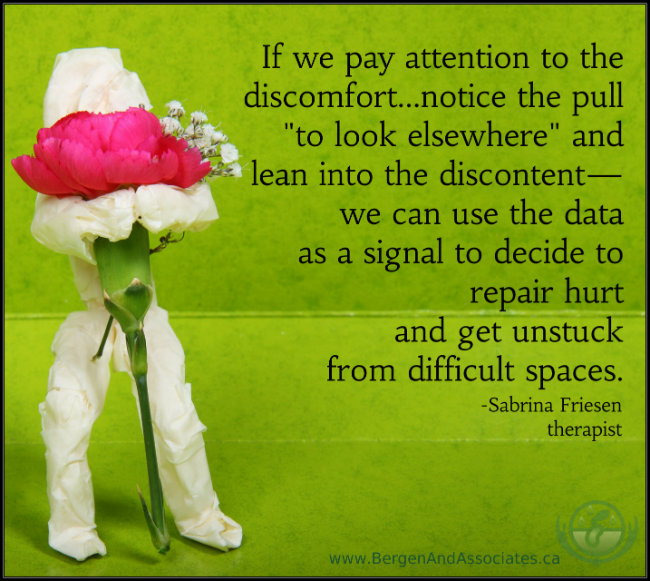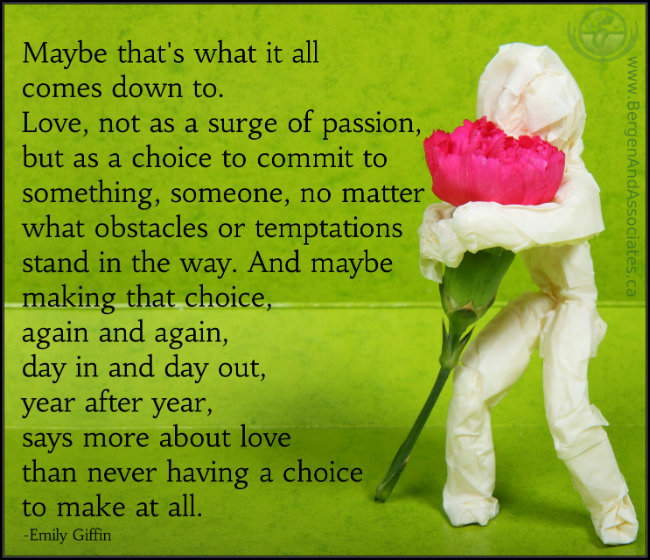Part 1 of this two-part series on the pros
and pitfalls of social media highlighted some of the benefits of using various mediums to stay connected to – or in extraordinary cases – begin connecting with people who we hold dear in our lives.
And yet social media has some darker sides, too.
There was a video in the media recently that showed a semi-driver who had narrowly missed being run off the road by another semi as it attempted to pass a snow plow in an area not intended for passing. As an observer, it was pretty clear that the guy passing the plow was in the wrong.
The driver who captured the incident on his dash camera happened to be the uncle of a cousin-in-law’s husband (try saying that one 5 times over!), and so I felt a little more connected to the story than I probably would have otherwise. I scrolled through the copious amounts of comments to see what was said about the ordeal, and was startled to find an abundance of inappropriate, finger-wagging, name-calling kind of comments left for both the drivers, and the snow plow driver who was just out there doing his job.
Ouch. I know the driver…and he didn’t deserve that.
Online communities can function as places for sharing mutual interests and giving/receiving support, but they can also be a playground for anonymous bullies – with the lack of face-to-face contact promoting words or opinions that would not likely have been shared in an in-person exchange.
Social media has, for some, become a shield they can hide behind while throwing flaming arrows at others. The anonymity does not allow for thoughtful or constructive discussion around areas of difference, and the lack of accountability makes it safe for cyber-bullies to knock others down without consequence.
An interesting article online about the Olympics in Sochi highlights how Twitter is being used as a platform to air grievances about inconveniences experienced by the journalists and writers covering the games, but as the author points out, what Twitter is enabling is the disparaging of a nation as Westerners mock and ridicule the everyday life that is experienced by the locals who won’t leave when the Olympics are over.
That is social media on a global scale, but what about its effect on closer, more intimate relationships?
It seems that social media is well on its way to infiltrating these too.
More often than not as of late, the couples I’ve seen who are working through issues around infidelity report that social media is a tool that helped an unhappy partner gain access in an emotional or physical capacity to another.
It used to be that affairs started “at work”. They still often do – only now the option of connecting with someone else is everywhere: in your car, on the bus, in your own living room while you sit on the couch beside your spouse. Wherever there is a cell phone, tablet, or other device, the potential to seek out greener grass is there. Compound the accessibility with the safety of distance that online platforms provide and you have a recipe for disaster. Using social media as a means of securing connection with another feels infinitely less risky than an office rendezvous. There are no appointments to shuffle, no explaining private lunches, and no chance of others observing stolen glances across the office.
The wide open window into the best parts of people’s lives that Instagram, Facebook, Twitter – or any other public medium enables can foster a distaste for our often less-than-ideal realities. I think of how my own foray into Pinterest, which was very short-lived, left me feeling dissatisfied with my home, my crafting abilities, and party planning skills. As I came across others who were more talented, whose homes were more tastefully decorated, or whose parenting creativity soared beyond mine – I was left feeling like my reality was second rate. Before long I was mentally redecorating each room in my house in an effort to feel as adequate as others out there, and moderate my own sense of failure and disappointment.
This same thing can happen as we evaluate others online and stack them up to the real-life partners we have, as we compare and bemoan the ways our reality doesn’t measure up to the experiences of others we can be tempted to jump towards a more attractive, more attentive, more exciting ship than the one we’re on.
And social media makes sticking a toe on the other side of the grass all too easy.
Maybe it starts out by liking a comment someone posts, or with an ‘innocent’ search for an ex – out of curiosity for where they’re at and who they’ve settled down with. Maybe there are Twitter exchanges, or hours spent perusing a co-workers’ Instagram account.
While some of these innocuous actions may not cross any lines, what it can speak to is a space of discontent or restlessness that has someone seeking fulfillment or excitement elsewhere. I get it – sometimes relationships don’t meet all of our needs, sometimes feelings are hurt, and it’s just easier to look for connection elsewhere than try and repair things with the guy or girl sprawled out on the sofa watching another episode on HGTV.

The potential of social media serving as a platform to look elsewhere is real. But I think it’s possible to look at it from a different angle.
- What if, when the urge to troll Facebook and stalk an ex surfaces, we allowed ourselves to recognize our emotional wandering and use it as a signal that something needs attention in our real-life relationships?
- What if the butterflies in your stomach that surfaced when that co-worker ‘liked’ a post acted as a beacon that said pay attention to what’s happening with your partner instead?
- Or what if your pursuit of the person who is married and unavailable became a sign that you should explore your propensity to seek out unavailable people?
When we can acknowledge that the lure to look elsewhere exists, and when we can pause long enough to pay attention to what’s fuelling the discontent – then the accessibility of others that social media provides doesn’t have to draw us away from connecting with our face-to-face relationships.
Rather, the ‘grass is greener’ syndrome can become a warning sign that encourages us to lean into the discomfort so we can repair the hurt and get unstuck from difficult spaces. And maybe for some of us, the temptation is too much – and perhaps it’s time to consider shutting it down…much like my Pinterest account, so that you can get back into your real life and start enjoying what’s there in a more engaged way.







Write a Comment